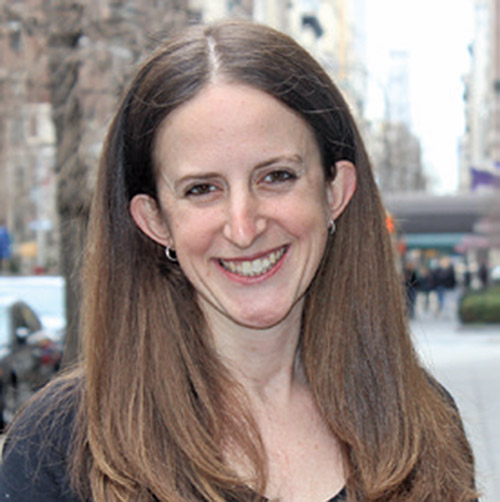


Last week, I was leafing through Yair Lapid’s “Memories After My Death: The Story of My Father, Joseph ‘Tommy’ Lapid” and a passage leaped out at me. As you may recall, last week, I published a piece that mentioned that the name “Saadiah” was rare but not unheard of among Ashkenazim, according to Lapid, “my cousin, Saadiah, whose father, Dr. Waltman — who was a dedicated Zionist —- gave him that name without knowing that it is a Yemenite name, and he (Saadiah) was probably the only blue-eyed blonde Saaidah in Israel (page 13).
Aside from the fact that Saadiah was hardly unique to Yemenites (the most famous bearer of this name “Saadia Gaon” was born in Egypt and reached prominence in Iraq), I’ve already demonstrated that the name was not unheard of among Ashkenazim.
It is interesting that the name “Saadia” is even found among Karaites in the last generations (being that Saadia Gaon was one of the most prominent opponents of the Karaites), for instance, Beraycha Ezriel (two names!) Ben Saadia Elishevitz (1881-1971) was the Karaite cantor in Eupatoria and Simferopol, Crimea. Berachya was born in Ponevezh, Lithuania, which once hosted a small Karaite community.
Speaking of the name “Berachya,” it was once a quite common given name among Ashkenazim, but it seems to have fallen out of favor for some reason. The name is of biblical provenance and it means either “blessed by God,” or “kneel before God.”
Rabbi Berachya of Lincoln (sometimes written as “Nicol”) was a medieval English Tosafist.
Other bearers of this name include the Italian (not Sephardic) Rabbi Aron Berachya of Modena, author of Maavar Yabok, Rabbi Berachya Shapiro of Cracow, author of Zera Berach, and closer to our time, Rabbi Berachya Shick (1872-1941) and Rabbi Berachya Teitelbaum (1865-1917), both from Hungary.
Since I spoke about Hebrew diminutives from the Mishnaic and Talmudic periods, I was wondering about the name “Shimi.” This interesting and tragic epitaph on the tombstone of the 18-year-old son of Rabbi Yosef Eliyahu Henkin contains an unusual name.
“Shimi” like Yosi, Lazer and Yudan etc. may have been a common diminutive of “Shimon.” These types of diminutive names, as you well know, have a way of becoming legitimate names of their own. Actually, the diminution of Jewish names dates back to the return from Babylon with the Persian diminutive “Ezra” (for “Azariah”) and later on, during the Hellenistic period, we have “Yanai,” as a diminutive of “Yochanan.” It is possible that “Shimi,” as a diminutive of “Shimon” can be found in the family of the famed Shimon Hatzaddik (see Menahot 109B).
Although it wasn’t uncommon for a father to name his son after himself; perhaps, in this case, a diminutive was used instead (which also happens to be spelled like a legitimate” old-standing Hebrew personal name that appears in the Pentateuch). Although, I should point out, that the historian, Zev Yaavetz, unconvincingly claims that Shimi was not brother of Chonyo in the biological sense —and therefore, not a son of Shimon Hatzaddik (he claims that it is just a term that denotes fraternity, to wit, “kamu alav echav hakohanim”). Interestingly though, he nonchalantly cites that “Shimi” and “Shimon” are interchangeable. Tazarich iyun.
By the way, “Hankin” was a European medieval diminutive of John —-which in turn derives, of course, from Yochanan.
The author is available for scholar-in-residence and other speaking engagements and can be reached at [email protected].
By Joel David Weisberger













